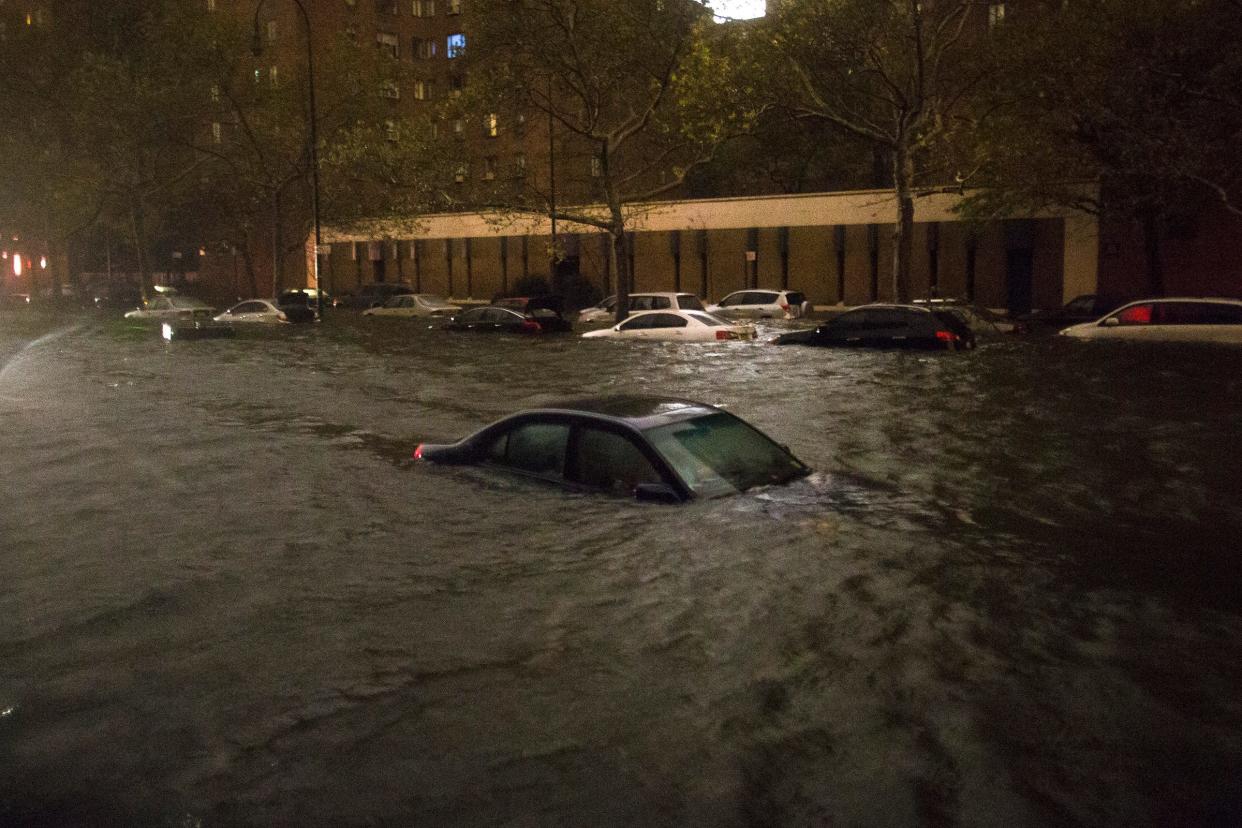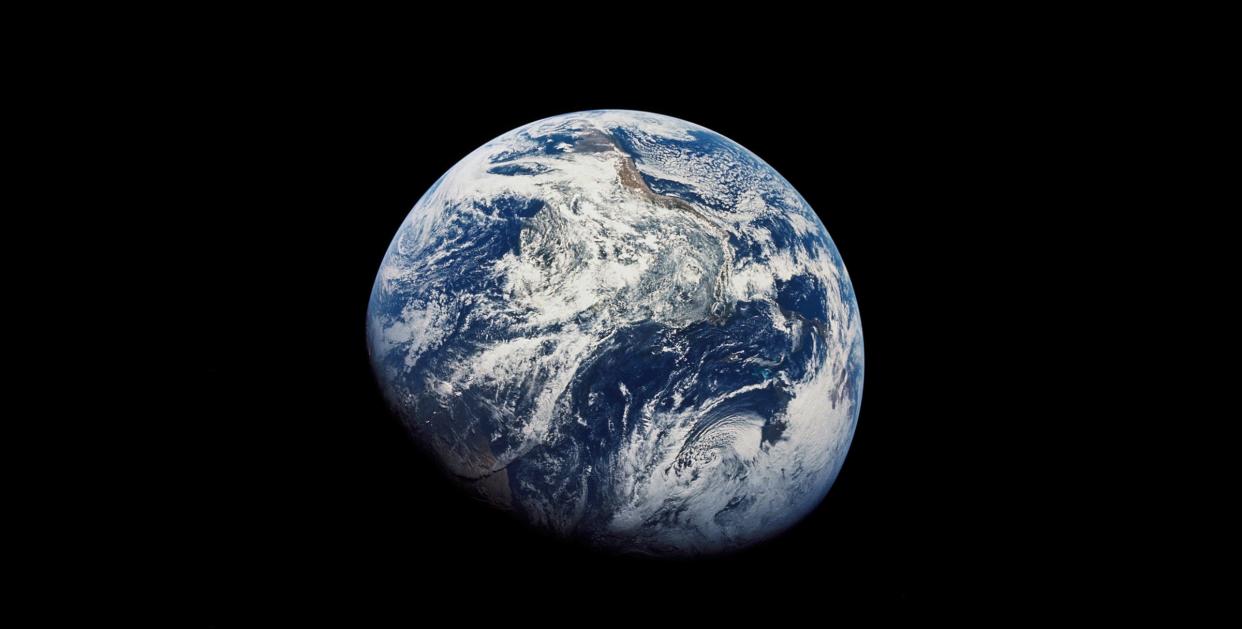New York Times columnist Bret Stephens responds to letter from climate scientists: 'I find their reaction odd'
Bret Stephens, the New York Times columnist who has come under fire for casting doubt on aspects of climate change in his first piece for the newspaper, said he finds an open letter written by a group of climate scientists in response to his debut column "odd."
Stephens' column set off a firestorm of criticism from prominent scientists and activists, which prompted some readers to declare they would cancel their subscriptions.
"I find their reaction odd, given that I acknowledge global warming and the potential severity of its consequences," Stephens told Business Insider in an email on Tuesday.
The climate scientists' response, titled "A Changing Political Climate Shouldn't Change NYT's Dedication to Facts," was signed by prominent academics including Michael Oppenheimer, Jason Box, and Katharine Hayhoe. The scientists took issue with what they said were Stephens' mischaracterizations of the "certainties and uncertainties" of climate change.
Stephens incorrectly wrote in his April 28 column that the Northern Hemisphere had warmed by 0.85 degrees Celsius since 1880, based on 2014 data from the Intergovernmental Panel on Climate Change (IPCC). It was, in fact, the globally averaged land and sea surface temperature — not just the Northern Hemisphere — that rose by 0.85 degrees Celsius. His column has been corrected.
Stephens told Business Insider that he "acknowledged and swiftly corrected" the error, but the climate scientists said they were dismayed by Stephens' "inaccurate" statements about the science of climate change.

AP/John Minchillo
"While 'alternative facts,' misconceptions, and misrepresentations of climate science are unfortunately widespread in public discussion, we are dismayed that this practice appeared on the editorial page of The New York Times," the scientists wrote.
"There are opinions and there are facts. Stephens is entitled to share his opinions, but not "alternative facts," the letter continues.
The scientists also took issue with Stephens' characterization of 0.85 degrees Celsius as "modest" warming, saying that it has exacerbated the effects of storms on coastal cities — pointing to Superstorm Sandy that devastated New York and New Jersey in 2012.
"Much as a fever of only several degrees can be deadly, it only requires a few degrees of warming to transition the planet out of ice ages or into hot house conditions," the scientists wrote.
Stephens countered that his column acknowledged the reality of global warming, and he took issue more specifically with activists treating climate estimates as infallible.
"The column even tried to give climate activists some pointers on how to make their point more effectively with people like me, while urging all of us to be a little more humble about our certitudes," Stephens said.
The thrust of Stephens' argument is that climate science, like any science, is a "matter of probabilities."
"That's especially true of the sophisticated but fallible models and simulations by which scientists attempt to peer into the climate future," Stephens wrote.

NASA
To Stephens' point, some climate models are generally less precise than, say, organic chemistry or particle physics. But their precision is compounded by the Earth's complexity and how difficult it is to measure a massive, uncontrolled environment like global temperature rather than light waves in a lab.
Stephens said that when climate scientists and activists demand "abrupt and expensive changes" in public policy based on what he says are imprecise estimates, that raises "fair questions about ideological intentions."
The climate scientists said, however, that the "the scientific treatment of uncertainty extends to climate projections."
IPCC reports present a "range of estimates" centered around 1-degree Celsius of warming over pre-industrial averages, providing probabilities for the upper and lower end of the estimates, the scientists said.
This uncertainty "cuts both ways," the scientists said, and "reasonable risk management demands looking at both" the upside and the downside of climate change estimates.
"I'm afraid their letter, and the over-the-top reaction in general, does far more to confirm my point than refute it," Stephens said.
"If the climate scientists signing this letter want to claim they've never goofed they can do so, but it won't exactly enhance their credibility," he added.
See Also:
